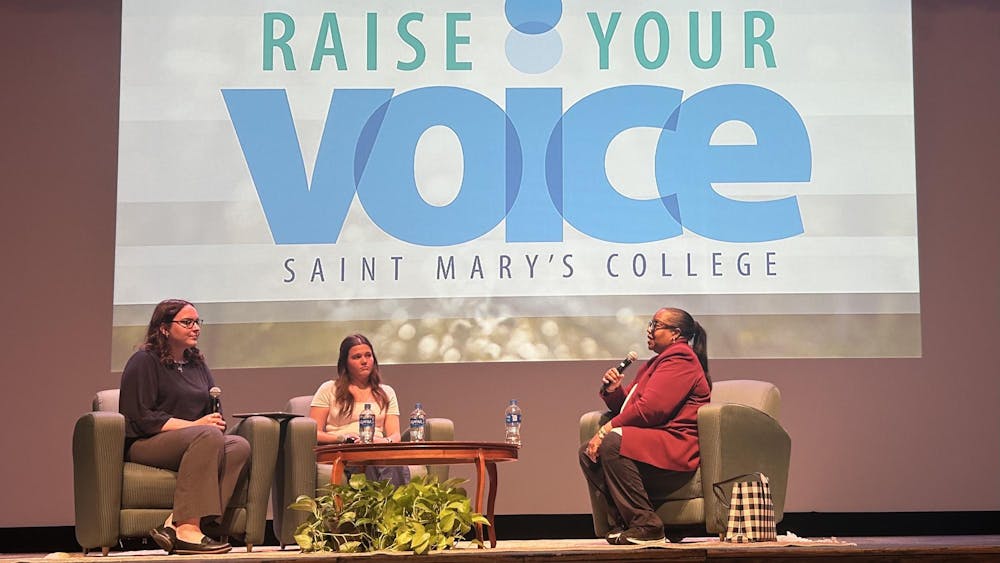The American Psychological Association has given Notre Dame professor of psychology Darcia Narvaez the 2015 William James Book Award for her book “Neurobiology and the Development of Human Morality: Evolution, Culture and Wisdom.”
Named after the renowned philosopher and psychologist, the William James Book Award recognizes an outstanding work that incorporates “diverse subfields of psychology and related disciplines” under a “coherent framework,” according to the American Psychological Association website. Narvaez’s book examines the effect of early childhood development on the formation of moral character and builds upon research in different fields including anthropology, neuroscience and psychology.
Narvaez said she had long held an interest in the relationship between morality and psychology and was inspired to write her book after witnessing social problems she attributed to negative early childhood experiences.
“If you stress the baby out, they’re going to become more self-centered because they have to protect themselves as they learn from a young age,” Narvaez said.
Narvaez calls this problem “undercare” and said it is rampant in modern society, exacerbated by technology and the social practices that limit a child's personal contact with adults. This lack of personal interaction at young age, Narvaez said, can lead to personalities that are overly self-protective and lack empathy for others.
“When you don’t get that as a baby, it really undermines your development in ways we can now map,” Narvaez said.
She also said this personality formation is often subconscious, and many people are unaware of its effect.
“We now know in psychology that implicit systems govern most of our behavior,” Narvaez said.
Narvaez said the modern phenomenon of undercare contrasts with the way children were historically raised in small hunter-gatherer tribes, where young children were constantly attended to by parents and other adults. However, she said modern parenting increasingly includes leaving children by themselves for extended periods of time, often with technology to capture their attention and keep them busy. Additionally, breastfeeding is much less common since the advent of mass produced baby formula.
“We evolved to be carried pretty much all the time in the first couple of years of life and to be physically touching somebody because that develops the brain well, as we know from animal studies,” Narvaez said
According to Narvaez, the potential consequences of this shift in child-raising can include anxiety, depression, lack of social acuity, lack of empathy and even aggression. Narvaez said children who lack proper care often become “trigger happy," or prone to feeling vulnerable and lashing out at others.
“When the stress response is activated in your body it draws the blood flow away from your higher order thinking so then your moral reactions become self-protective,” Narvaez said.
Narvaez said research provides examples of societies composed of people with poor childhood development that are more inclined to respond to issues with violence. Ultimately, Narvaez said, undercare can lead to significant cultural problems.













